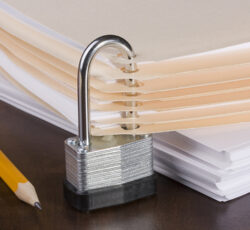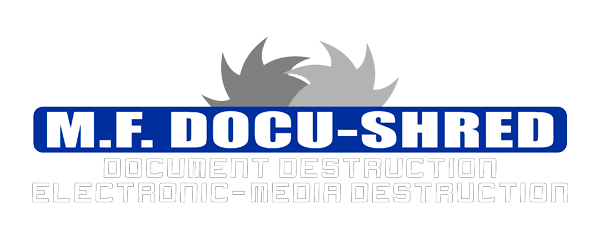
In today’s digital world, many of us tend to overlook the importance of keeping physical documents. However, despite the technological advancements, there are still certain documents that we must keep for legal and personal reasons. But how long should you keep these documents before shredding them? In this blog post, we will explore the recommended duration for holding onto different document categories, ensuring you are organized and secure in managing your paperwork.
Legal and Financial Documents
1. Tax Returns and Supporting Documents
Tax returns and any supporting documents should be kept for at least seven years. This duration allows you to meet the IRS’s statute of limitations should any discrepancies arise. Moreover, keeping such records can be beneficial in case of audits or if you need to refer back to them for any other reason.
2. Pay Stubs
Pay stubs can typically be discarded once you receive your W-2 or annual tax statement. However, it’s advisable to keep the final pay stub of the year for reference purposes.
3. Bank Statements
Bank statements can be disposed of after one year, as long as you have carefully reviewed and reconciled them within that time. However, it is wise to keep statements with record of significant transactions, such as purchases of valuable assets or property, until you no longer own those assets or properties.
4. Credit Card Statements
Credit card statements can generally be shredded after 45-60 days, once any discrepancies or disputes have been resolved. However, it’s a good idea to keep statements for larger purchases or those related to warranties until the warranty period expires.
Personal Documents
1. Medical Bills and Insurance Statements
Medical bills and insurance statements should be kept for at least one year. This duration allows you to cross-check them with your insurance provider and ensure that coverage and payments are accurate. Moreover, you may want to keep records of any medical conditions or procedures permanently, should you need to refer back to them in the future.
2. Home Improvement Records and Receipts
If you own a home, it’s essential to keep records of any improvements or repairs for as long as you own the property. These documents will be useful for insurance claims, calculating property value, and even potential tax deductions in the future.
3. Vehicle Records
Keep all vehicle-related records, including purchase and sale documents, repairs, and maintenance history, for as long as you own each vehicle. These records are crucial during the ownership period and can be valuable for reselling the vehicle or resolving disputes.
Personal Identification Documents
1. Passport
It is recommended to keep expired passports for at least 10 years after their expiration date. This is especially important if you have used your passport to obtain other identification documents, such as a driver’s license or social security card.
2. Social Security Card
Your social security card is a highly sensitive document that should be kept in a secure location, such as a safe deposit box. It is essential to have it readily available when needed but should only be carried when necessary.
Miscellaneous Documents
1. Insurance Policies
Keep copies of insurance policies, such as homeowner’s, renter’s, or automobile insurance, for as long as the policies are valid. Additionally, retain policy renewal notices and any amendments for the same duration.
2. Warranties and Manuals
Warranties and manuals for major appliances, electronic devices, and furniture should be kept for as long as you own the item. These documents are essential when repair or replacement is required.
Conclusion
Keeping documents for the recommended duration ensures you are organized and prepared for various situations, including future audits, insurance claims, warranty disputes, or personal reference. It is crucial to strike a balance between clutter and discarding important records. Utilize secure shredding methods or digital storage options when disposing of sensitive documents, ensuring your information remains confidential. Remember to consult legal and professional advice when in doubt about specific document retention requirements, as they may vary based on jurisdiction and individual circumstances.
Got questions? Let us help with our sensitive data consultation service! Contact us today to learn more about what we can do for you!

